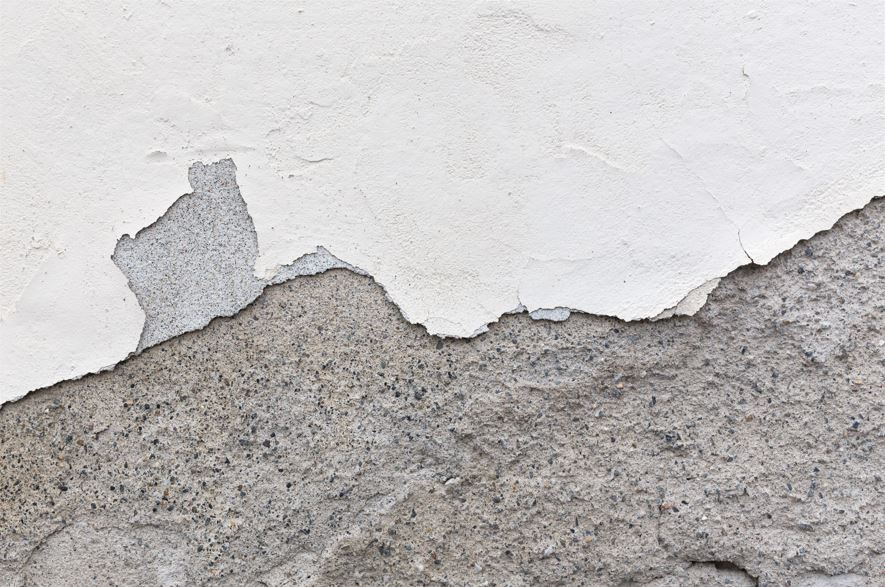
Nearly three-quarters of a million school children (700,000) sit in classrooms that need repairing or rebuilding says a report on England's school estate from Parliament’s Public Accounts Committee which is severely critical of the way the Department for Education (DfE) surveys and assesses the safety of school buildings. Says the report: “It is extremely concerning that DfE does not have a good enough understanding of safety risks across school buildings for it to fully quantify and mitigate these risks and keep children and staff in schools safe. This includes an understanding of how reinforced autoclaved aerated concrete (RAAC), which may lead to a sudden building collapse, has been used alongside asbestos, which we have raised as a concern for several years. “Given how crucial it is to get safety matters right, it is shocking and disappointing that, at the time of our evidence session in September 2023, DfE could not provide basic information on, for example, how many specialist surveys to identify RAAC were outstanding, or how many temporary classrooms had been provided to schools affected by RAAC. Nor could it provide a clear and firm commitment on when RAAC issues would be addressed.” The report has some words of support for DfE, but is clearly alarmed at the lack of commitment to speedy resolution of the new build and maintenance backload, saying: “It is encouraging to see that, alongside its annual maintenance and repair funding of £1.8 billion in 2022–23, DfE has packages of work to help address some of the most serious building issues, including a plan for refurbishment and rebuilding in 500 schools over 10 years. However, this work only touches the surface of problems across the school estate. DfE must do more to mitigate critical safety and value for money concerns, and then demonstrate that it has clear plans to address the scale of challenge and uncertainty it faces in the coming years.” Focusing on schools’ concerns over where the RAAC repair funds will be coming from, the report notes the clear disparity between Department of Health and Social Care and DfE in tackling their RAAC issues. It says: “DHSC has established a £685m fund to 2024–25 to mitigate RAAC, and has committed to remove RAAC from the NHS estate by 2035. DfE has made no such financial or practical commitments. “Schools are uncertain about the support they can access to mitigate RAAC-related issues, and how they will be reimbursed financially. The temporary classrooms that DfE is providing will generally be for those schools that were known to be affected by RAAC before the late August 2023 change of risk approach. DfE could not provide us with a figure on how many were being provided. DfE has undertaken to pay for the capital costs incurred by schools, but its approach to revenue funding, and paying for surveys carried out by schools, is less clear, particularly if a school has significant reserves. DfE is still to set the funding application process, but has accepted the need for some checking and controls to be in place. While each school has access to a caseworker, anecdotal evidence suggests that many are struggling to understand DfE’s approach, and are concerned about a lack of fairness in terms of access to temporary support and how that support will be paid for.”
DfE still unsure of full extent of RAAC problem
DfE still has incomplete knowledge on the number and condition of schools with RAAC, with questions about the reliability of some of its information. The report calls on DfE to urgently assess the risks of inaccuracies within RAAC questionnaire returns and specialist surveys, so that it considers these risks in its overall approach, decision-making and guidance; and for it to expedite its programme of specialist surveys where RAAC is suspected, and in due course publish the full set of results so that the extent of the RAAC problem is known.